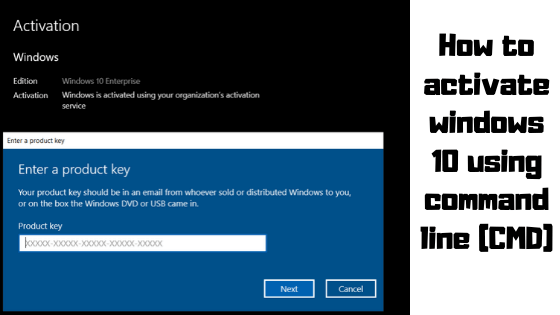
wsf file can use multiple scripting engines and perform multiple jobs. Windows script files usually have one of the following file name extensions. When the run time exceeds the specified value, cscript interrupts the script engine and ends the process.

The /t parameter prevents excessive running of scripts by setting a timer. If you don't specify a script or any script arguments, cscript.exe displays the cscript.exe syntax and the valid host options. Each script argument must be preceded by a slash ( /).Įach parameter is optional however, you can't specify script arguments without specifying a script. Specifies the arguments passed to the script. The same as typing cscript.exe with no parameters and no script. Specifies Unicode for input and output that is redirected from the console.ĭisplays available command parameters and provides help for using them. Specifies the maximum time the script can run (in seconds). Saves the current command-prompt options for the current user. Specifies that the Windows Script Host banner is not displayed before the script runs. The default, and the opposite of /nologo. Specifies that the Windows Script Host banner is displayed in the console before the script runs. Runs the job identified by identifier in a. Specifies interactive mode, which displays alerts, scripting errors, and input prompts.

Registers wscript.exe as the default script host for running scripts.

Registers cscript.exe as the default script host for running scripts. Specifies the engine that is used to run the script. Specifies batch mode, which does not display alerts, scripting errors, or input prompts.

Specifies the path and file name of the script file with optional file name extension. Therefore, as a security best practice, consider performing this task as a user without administrative credentials. Performing this task does not require you to have administrative credentials.


 0 kommentar(er)
0 kommentar(er)
